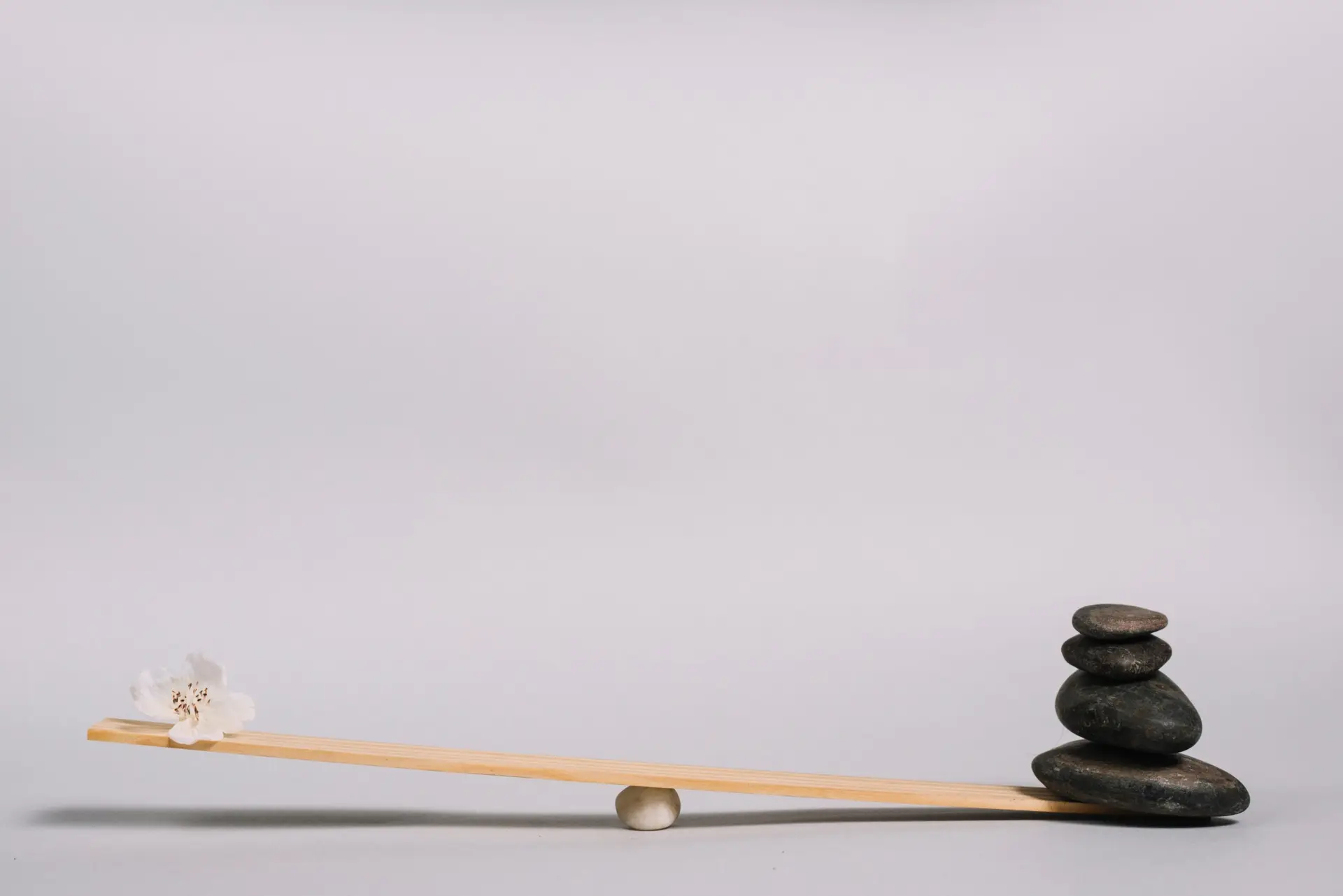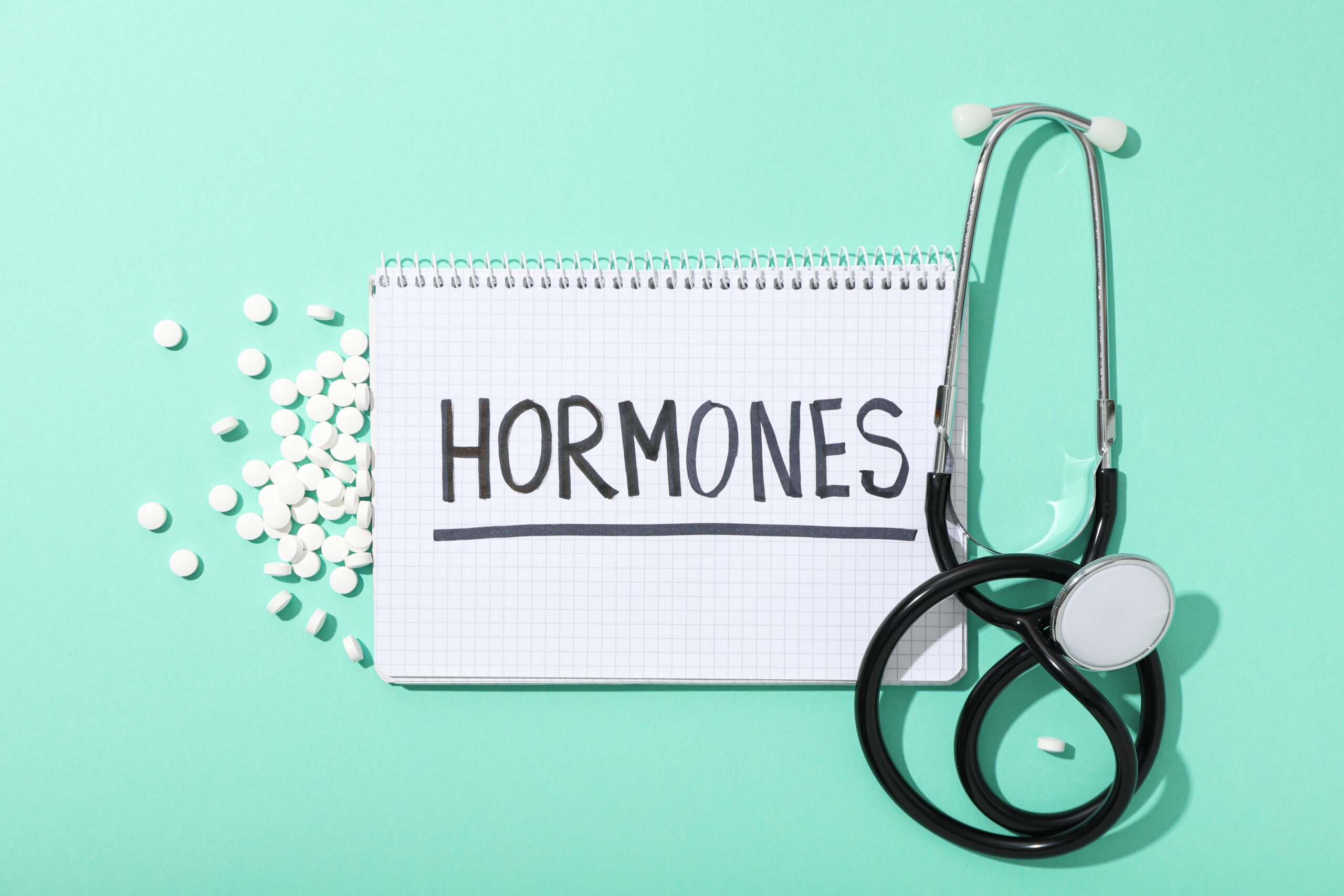Learn about egg freezing after 35, including benefits, success rates, and key considerations.
Introduction
Fertility begins to dip after 35, and both egg quality and ovarian reserve start to change. For many women, egg freezing has become a practical way to preserve future options. If you have been searching the web for a ‘fertility clinic near me’ or exploring ‘fertility preservation near me’, then this guide gives you a clear picture of why timing matters. With support from the best fertility doctor Mumbai has to offer, you can take a proactive step towards protecting your reproductive choices.
Why Freeze Eggs After 35?
Freezing your eggs at this stage helps you hold on to your current egg quality, which is usually stronger than waiting until the late thirties or early forties. As egg numbers fall and quality drops, fertility naturally becomes less predictable. Many women choose this route if they want to delay pregnancy without losing the chance of having a child later. If you have been considering ovarian reserve testing or searching for an egg freezing doctor Mumbai or a fertility clinic in Bandra West, this option can help you plan ahead with clarity.
How the Egg Freezing Process Works
The egg freezing process has three simple stages.
- In the stimulation phase, you take hormones to help your ovaries grow multiple eggs.
- When they are ready, a specialist collects them through a short procedure.
- The eggs are then preserved using vitrification, a method designed to protect the eggs structure.
If you have been reading about the egg freezing procedure, wondering about egg retrieval time or checking egg freezing cost, most clinics follow this same approach. You can speak with an egg freezing clinic in Bandra to understand how many eggs you may need and how long the process takes.
Success Rates and Considerations
Success depends heavily on age at the time of freezing the egg, how many eggs are stored and the skill of the clinic. Eggs that are frozen at a younger age usually give better chances, and freezing a good number improves the odds of a future pregnancy. Choosing an experienced IVF centre in Mumbai can make a noticeable difference, especially when you review factors like egg freezing cost in Mumbai or compare IVF success rate in Mumbai options. Your doctor can also guide you on other female fertility treatment choices if you need them.
Conclusion
IVF is considered safe, is well-tested and widely recommended, offering reliable support for women who plan pregnancy later due to several personal reasons. Egg freezing after the age of 35 gives you more control at a time when fertility begins to shift. It helps you preserve the quality of your eggs and keeps future parenthood open. If you are thinking about this step, book a fertility consultation near you or an egg freezing consultation with the best fertility clinic in Bandra West, Mumbai. A trusted fertility doctor in Mumbai can walk you through your options and help you plan the path that suits you best.





